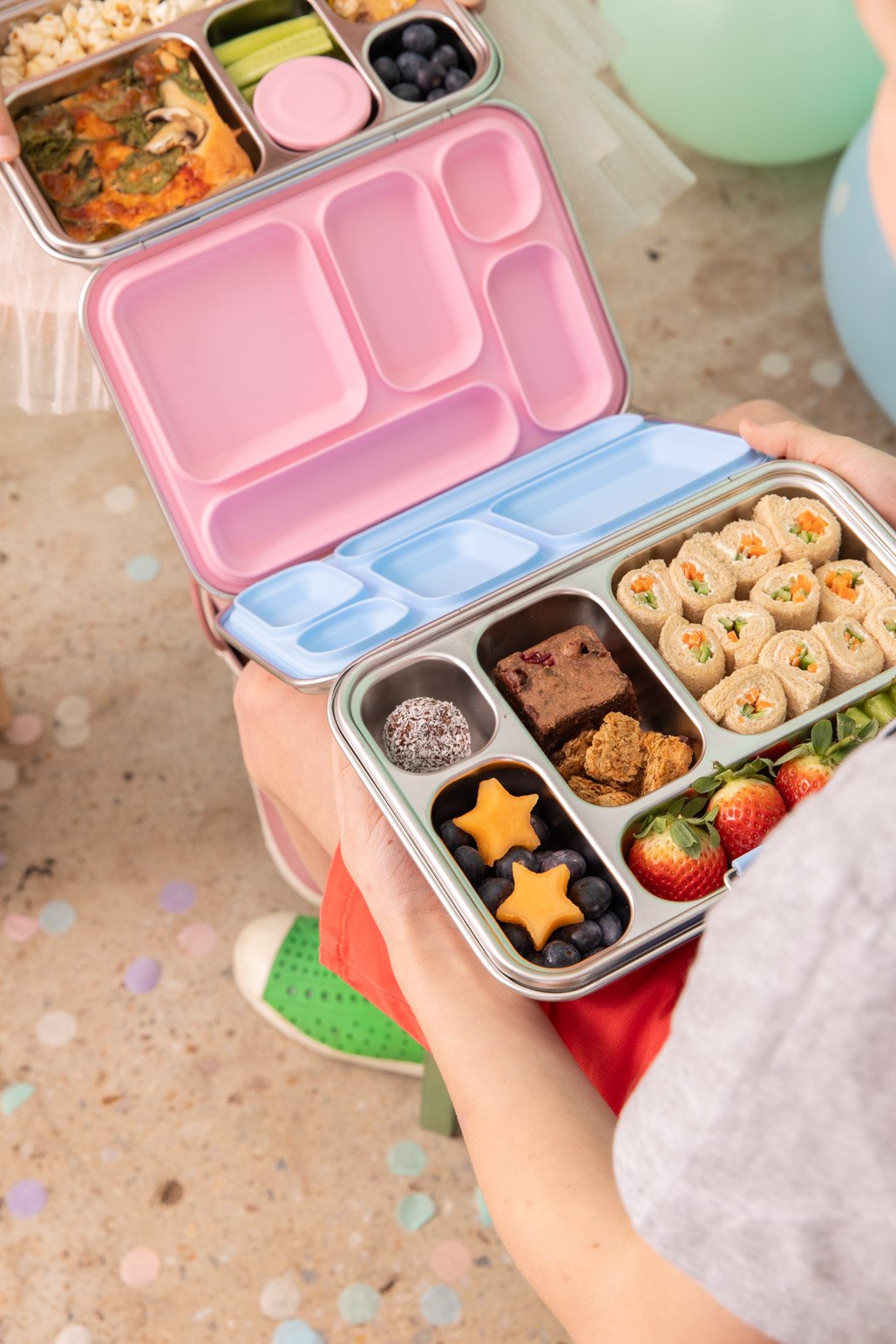Let’s face it, some reports are easier to read than others. This may depend on a variety of things. For example, some school reports are better set out than others or they might have less jargon. Or perhaps you just find it easier to read a report when it’s positive rather than negative! All of these reasons are good reasons for being a little wary (or weary!) of “report season.”
If you follow these tips it might help you to decode your child’s report….
Tip #1:
If the report grades/comments/effort scores have come as a surprise to you then it’s probably best to organise a meeting with your child’s teacher at the beginning of next term so that you can ensure you’re both on the same page in regards to your child’s learning. If you have an older child, then make sure you have a chat with them first, or even take them to the meeting with you to make sure they are clear on the teacher’s grading and expectations. No report should come as a surprise to you.
Tip #2
If you are unsure of what your child has covered during the term or semester, then chat with your son or daughter to get an understanding. If you are interested in what your child has been learning about then visit the Australian Curriculum and select either the subject area or year level that you would like to look at. There is plenty of information available, and also some examples of what student work looks like at a variety of levels.
Tip #3
If you don’t understand how your child has received a lower/higher grade in one area than you expected, then make sure you check what they have covered in that learning area. For example, if your child is strong in the number strand of Maths, but weaker in the measurement or spatial reasoning strand, then their grades will reflect this. It may be that the class covered more of the Number strand during Semester 1 and will do more of the the Measurement strand in Semester 2.
Tip #4
Many report comments will reflect the wording of the achievement standards in the Australian Curriculum, so they can seem less personal than they may have been in the past. This can be good and bad! Teachers are also given a word count (this depends on the individual school), which means they often have to fit a lot of information into a small space. A simple sentence like, “A friendly, diligent student with a wonderful sense of humour and hard-working nature….” may mean more to you if you know that a teacher has worked very hard to make sure that sort of a comment can be included in the report, and it’s not all just “curriculum” based!
Tip #5
How do you know if it’s a good report? Within each grade there can be a big variation. A ‘C’ means your child is working at the level required. The Australian Curriculum website has information and examples of work if you want to find further details. So before you jump to any good or bad conclusions, be sure to look beyond the grades. Go straight to the ‘Effort’ section. This is the absolute KEY. If your child is getting high marks, but not boding well with their effort, then they are setting themselves up to fail. Every hard-working, positive child I have taught has been successful. No matter what their grades. And almost all of them have overtaken many peers purely because of their persistence, not because of skill. Effort is a lifelong skill. Don’t underestimate it.
Secondly, if you see positive comments about teamwork, collaboration, independent learning skills, attitude and kindness then you should be very proud of your child. Some children find it hard to work with others, due to shyness, anxiety, friendship issues, sharing/teamwork weaknesses, distraction or a bit of plain laziness. Some children find it easy to work with others, but difficult to focus on their own individual tasks. This is very common and, with understanding, modelling and encouragement, most children learn to become strong independent and collaborative learners. Both skills are very important in life. Keep an eye out for these sorts of comments in a report though, as they will probably confirm what you already know about your child and you can work with your child’s teacher to help your son or daughter become a more motivated learner, whatever the situation.
Tip #6
Don’t reward your child for a good report with an extrinsic motivator. I don’t even know how to say this without sounding horrible and rude, but this is such a bad idea. If you are rewarding your child with money for getting a good grade, then they will not learn the true feeling of pride. Intrinsic motivation is a far better way to enable children to become self-motivated learners, and also a fantastic way to allow your child to feel the important feelings that come from hard work- or LACK of hard work. Disappointment… pride…. these are emotions that will hit home with your child if you allow them to. And these are emotions that will help them follow their dreams and learn how to manage their self-confidence in the future.
Happy report season! We’re sure your child did their best and that you will support them to continue being happy, engaged learners.
xx
Em
























